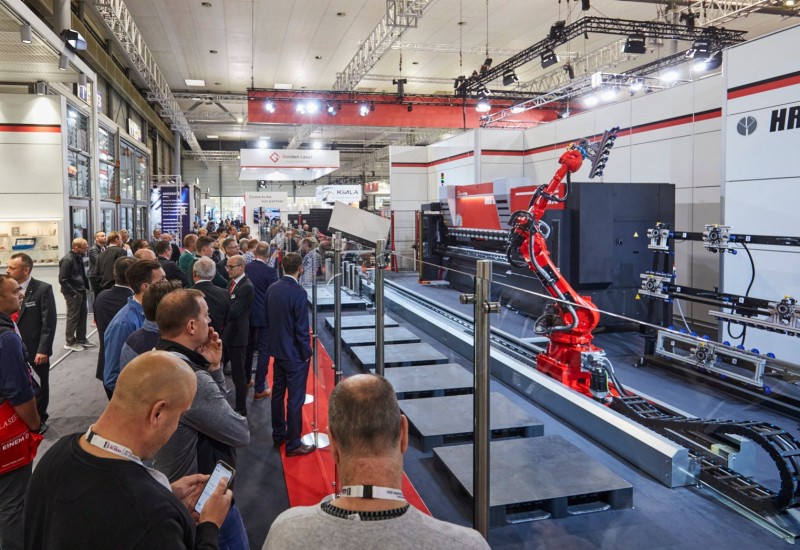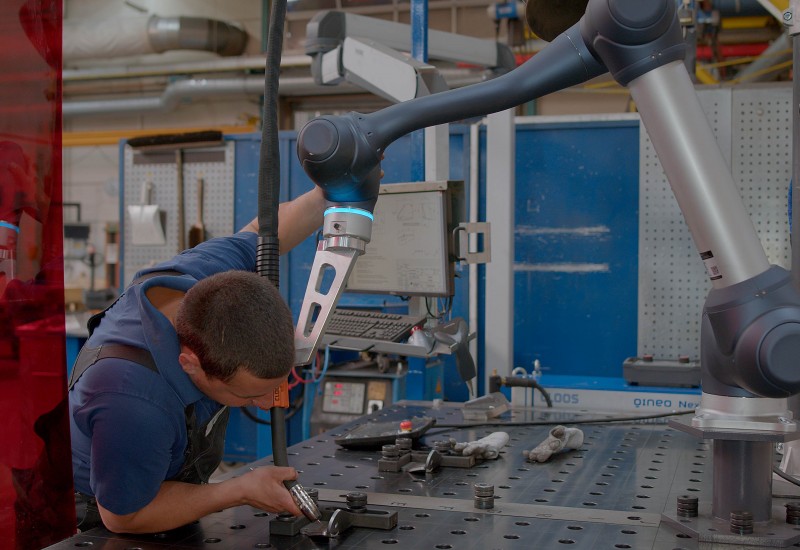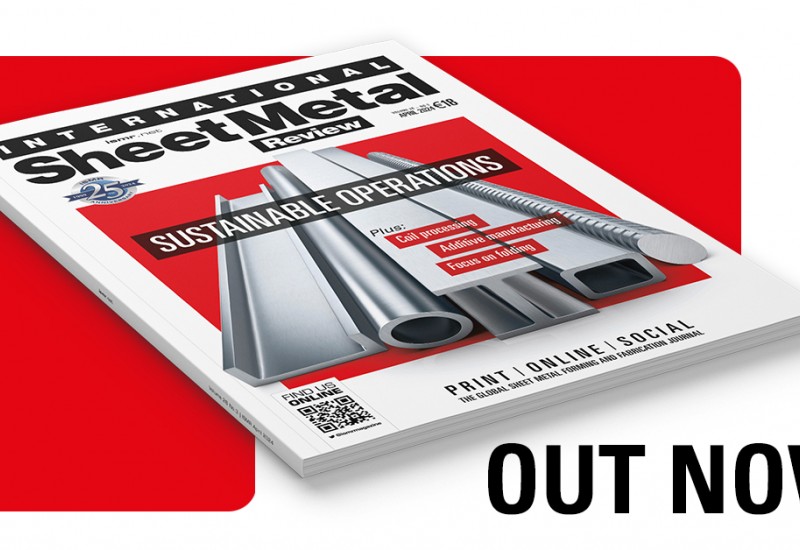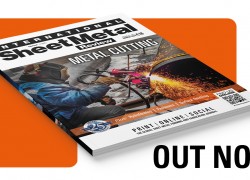Pressure grows for Brexit deal
COVID-hit businesses are calling for a pragmatic approach to secure UK-EU agreement on Brexit.
“Sectors from automotive to aviation, chemicals to creative industries, and farming and food to pharmaceuticals – are united: securing a quick agreement matters greatly for jobs and livelihoods. Clarity on an ambitious deal will turbo charge business preparations and increase confidence in the UK as a place to invest. Crucially, it will also help ease the sustainable implementation of the Northern Ireland Protocol,” said the CBI (Confederation of British Industry), which speaks on behalf of 190,000 businesses which, together, employ nearly seven million people.
It released a statement on 18 October 2020, accompanied by details from 21 trade associations and professional bodies, outlining how a deal will help their sector contribute fully to the UK’s economic recovery. It follows an intervention earlier in the week by leading European business groups from France, Germany and Italy, calling for ‘a solution which ensures smooth trading conditions.’
“Now is the time for historic political leadership. With compromise and tenacity, a deal can be done. Businesses call on leaders on both sides to find a route through. The clarity that comes with an ambitious deal will have an instant impact on firms’ efforts to prepare. It will help investment by removing the threat of tariffs and quotas. And it will catalyse confidence through enhanced customs cooperation while making a precious data agreement possible, vital for services industries which make up 80% of the UK economy,” said the joint statement.
“Businesses are doing what they can to prepare for Brexit. But firms face a hat-trick of unprecedented challenges: rebuilding from the first wave of COVID-19, dealing with the second wave and uncertainty over the UK’s trading relationship with the EU. That’s why more than three quarters of UK firms say they need a deal, quickly. With each day that passes, business resilience is chipped away. A swift deal is the single most effective way to support recovery in communities across Europe. After four years of debate, there must be a resolution. 2021 can then be a year to rebuild, rather than regret.”
Mike Hawes, Chief Executive of the Society of Motor Manufacturers and Traders (SMMT), representing the UK automotive sector and some 850,000 jobs, added: “The pandemic has caused immense damage to UK Automotive, costing thousands of jobs and soaking up precious resource. A second blow of tariffs, which would instantly raise prices and destroy competitiveness, would be devastating so we need a deal now - and not just any deal, one that is as free in reality as it is on paper. Only an ambitious deal that delivers for this critical sector will safeguard livelihoods and drive investment into the new skills, facilities and technologies so integral to delivering a zero-carbon future for the UK.”
James Selka, CEO of the Manufacturing Technologies Association (MTA), representing all technologies that enable advanced manufacturing, added: “A deal is vital for the UK Manufacturing sector to encourage investment in an activity that supports five million jobs and positively impacts 15% of UK GDP. COVID has impacted the confidence to invest and, if a deal is reached, the sector will be able to focus on being a key part of rebuilding our economy.”
Paul Everitt, Chief Executive of ADS, commented: “The UK’s aerospace, defence, space and security industries will face major disruption without a deal, through delays to cross-border trade, costly administrative requirements and a new regulatory system. Businesses in our sectors are facing a daily struggle to survive as a result of the COVID-19 crisis, which has put 30,000 aerospace jobs at risk. A deal that delivers global market access and protects sensitive cross-border supply chains is essential.”
David Wells, CEO of Logistics UK, representing the entire logistics industry with members from the road, rail, sea and air industries, as well as the buyers of freight services, said: “A deal is vital for the transport and logistics industry and for the whole economy, which relies on fast and efficient supply chains. To keep Britain trading, trucks must keep going through the borders with the least possible friction; a deal with the EU is vital to achieve this and to enable the sector to focus on maintaining its resilience during the COVID-19 pandemic and investing to improve performance.”



























Recent comments